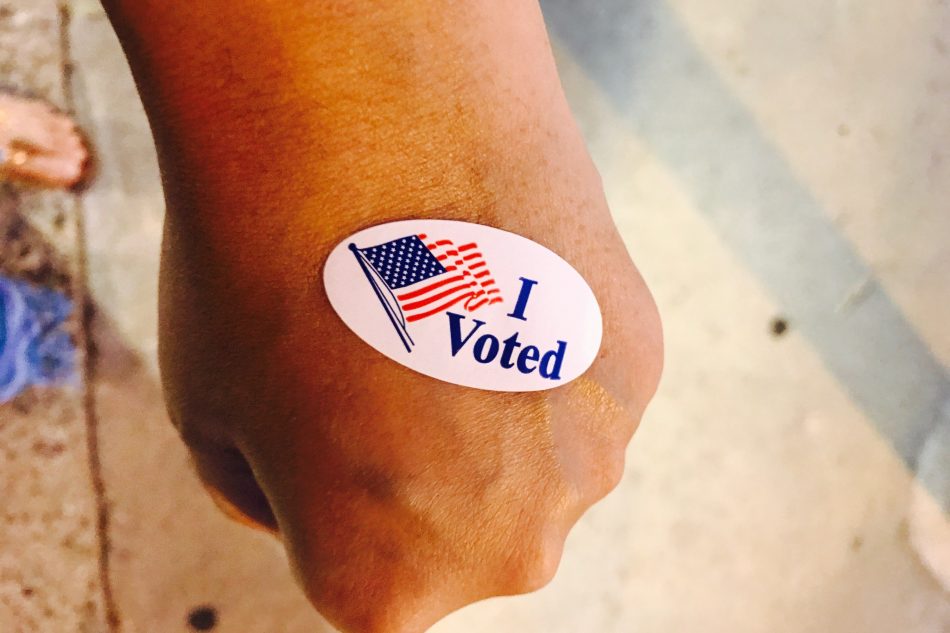Staff Editorial: It’s time to do away with the Electoral College
The Electoral College has 538 members who vote for the next President and Vice President of the United States, while the popular vote consists of all registered voters in America. Sometimes the candidate with the most popular votes is not elected president since they may not have had enough electoral votes. The election process should change so that the electoral votes have less or no impact on the election compared to popular votes.
The Electoral College proposal was accepted in 1787 during the Constitutional Convention and was given the power to choose who will govern the nation since citizens in that time period weren’t widely educated on the topic. But now, the United States has a much higher literacy rate compared to when our government was first formed. Through social media, the news and the presidential debates, citizens have the information they need to form a logical opinion as to who should be the next president without needing the Electoral College to overthrow or back it up.
Since the United States is a diverse nation, many people have varying ideas on what makes a good leader. But, with the Electoral College, we can’t see that diversity, especially if citizens might consider on voting for candidates other than the Republican and Democratic nominees. Without the Electoral College, the results of the election will represent the nation’s opinion, not what the Electoral College thinks is right. The change might even encourage other eligible people to run for President, especially those who aren’t interested in running for the two main parties if the popular vote, the more diverse vote, has all or most of the power.
Since the Electoral College votes have more power than popular votes in regards to the presidential election, it discourages many eligible voters to not be part of the voting to begin with. According to the 2012 voter turnout census, only 53.6 percent of eligible voters in the United States are registered. Out of most developed nations, this places the United States near the bottom when it comes to voting participation. Take Texas for example, being a Republican state, the voters, especially Democrats, are less likely to vote since the electoral vote will likely go to the Republican Party anyway.
The minority of people who support the Electoral College may do so because of the fact that it is less disputable than popular votes due to its winner-takes-all system. But sometimes, there barely is a winner. or instance if 49 percent of the votes in a state went to a Republican and 51 percent to the Democratic Party, the electoral vote goes to the Democrat nominee even though they only one by two percent. It may not be disputable, but it definitely is not fair because it ignores the other votes no matter how close they were. With the popular vote, every vote counts and matters unlike those votes that fall into the minority for the electoral vote.
The Electoral College may have been a good idea when it was first created, but it is outdated for this century and for our well educated population. Citizens should be able to vote and their votes should count more than the electoral votes.



